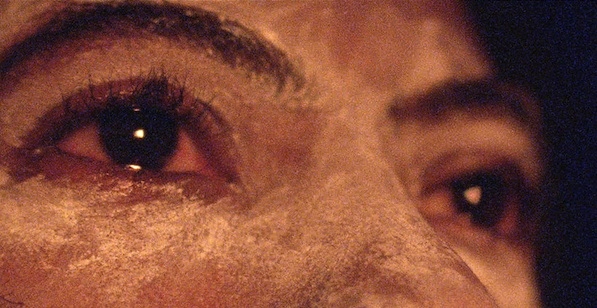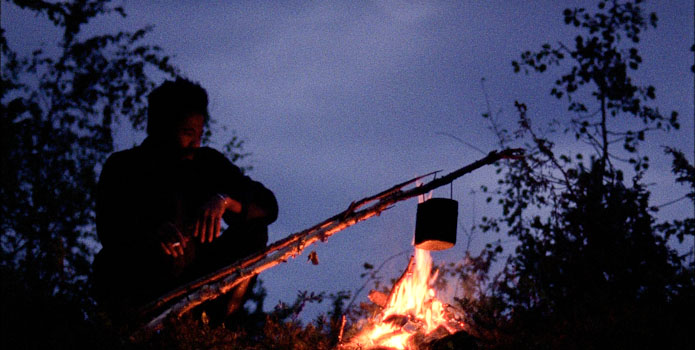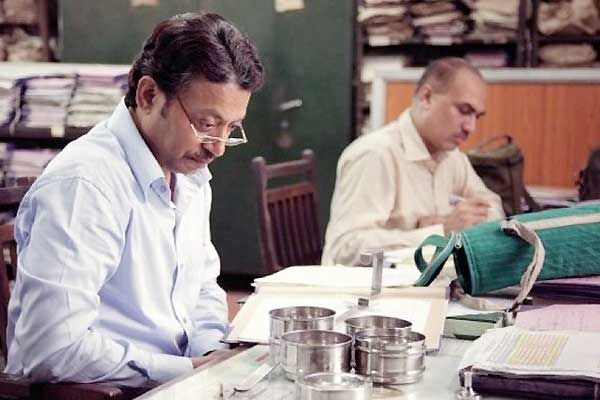While attending a film festival, you spend a lot of time in line. It’s the nature of the beast really. Most people hate this experience, but I see it as an opportunity to let my mind wander a bit and think about the images and sounds I’ve just encountered. Sometimes a film needs a little space, a bit of elapsed time to be fully alive in one’s memory.
At AFI FEST 2013, Ben Russell and Ben Rivers’ A Spell to Ward Off the Darkness felt like such film, as did Stephanie Spray and Pacho Velez’s Manakamana. If the former rigorously addresses the vast possibilities of temporality through dynamic interconnected audio/visual patterns, charting various impressions of contentment across multiple spaces, the latter does so with the grace and poetry of a static pictorial. One is a triptych loosely connected by the presence of a common actor that begins in a quiet commune and ends in a cavernous metal concert, while the other coheres because of a single location and visual scheme.
Still, in both cases the camera’s gaze is only the starting point; there’s an inference that just beyond these technical borders, beyond the theater, beyond lucidity, utopian ideals and patterns are waiting to be discovered. This is especially true of Makanamana, which documents the ascent and descent of multiple performers on a gondola travelling to the titular temple in Nepal. Couples, single riders, and even goats experience these moments differently, surrounded my a lone location shrouded in various weather patterns and concerned with different emotional expressions. Words are spoken, but mostly these are characters who, like me and my fellow festival-goers, have been blessed with a silent moment to themselves.
One last thankful observation: A Spell to Ward Off the Darkness and Makanamana feel like time capsules for future cinephiles to look back and see that the darkness of conventionality wasn’t all-encompassing. They rage against the machine in equally subversive ways, travelling beyond reality in order to restore spirituality in the everyday waking life.
One could argue that Ritesh Batra’s The Lunchbox and Patrice Toye’s Little Black Spiders do the exact opposite, reinforcing simplistic versions of Western themes like tragedy and happenstance with a certain melodramatic triteness that undermines any sense of discovery. Set in the bustling streets of Mumbai, Batra’s ill-conceived riff on You’ve Got Mail charts a burgeoning correspondence between a bored housewife (Nimrat Kaur) and a retiring government clerk (Irrfan Kahn) who begin writing-cute after a food delivery mixup. It’s the kind of pandering garbage that gives the passive viewer every emotion and theme on a silver platter. It will probably win an Oscar.
Little Black Spiders is more enigmatic in its exploration of interior emotions but no less manipulative. A hospital in Belgium uses its top floor to house pregnant teenage girls away from society in order to salvage their dignity. Of course there are ulterior motives at work and all the conspiring leads to an extended tragic ending that pinpoints exactly why this coming-of-age story rings so false. The film’s tonal mish-mash of slow-motion and thumping rock score doesn’t help matters either.
Restrained of most overt stylistic trappings and all the better for it is Danis Tanovic’s An Episode in the Life of an Iron Picker, which lives up to the cyclical patterns suggested by the film’s title. This deftly handled slice of neo-realism examines the hardships of a rural Slovenian family (all essentially playing themselves) attempting to survive bitter economic hardship and medical maladies. Tanovic’s handheld aesthetic pristinely juxtaposes metallic decay with layers of snow and mud, then bisects each composition with the sluggish movements of worn down men.
At just seventy-five minutes long, An Episode in the Life of an Iron Picker doesn’t waste time on theatrics or scathing political commentary. Instead, it’s a rather fleet and humane vision of impoverished people who value time spent together over all other things, going to great lengths in order to sustain the family unit. But these are humans after all, inquisitive and hopeful. Occasionally they do find a second to mentally drift away.








